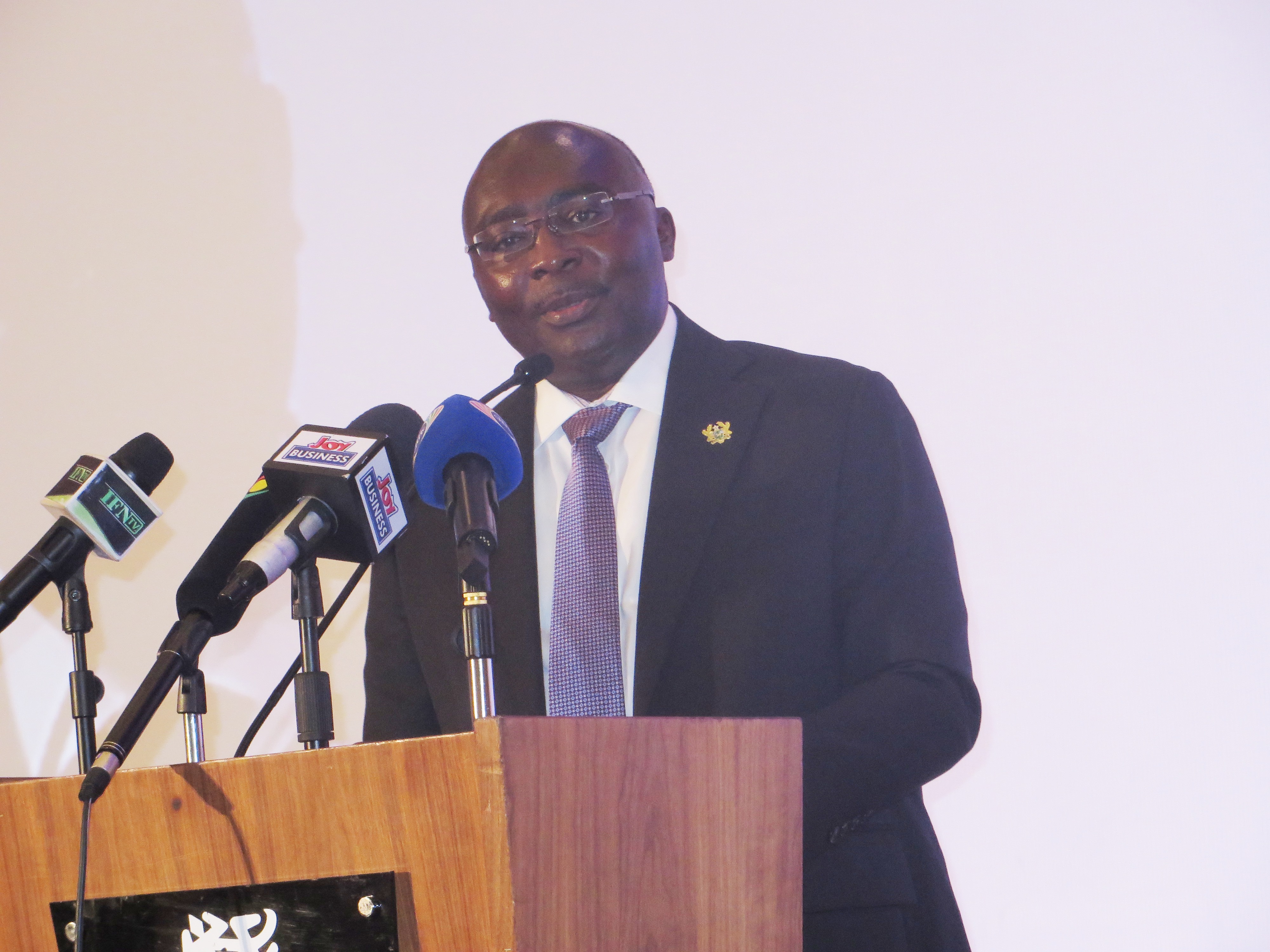Avoid temptation to over-regulate Fintech companies – Bawumia

Vice President Dr Mahamudu Bawumia has urged the Bank of Ghana (BoG) to give the Financial Technology (Fintech) Companies free hand to operate to engender innovation.
He said players in the Fintech sector were “free spirits” who required freedom to experiment and to innovate in order to come up with solutions geared towards deepening financial inclusion – a key part of the government’s plan to formalise the economy.
Vice President Bawumia gave the advice when he delivered the keynote address at the launch of the 10th anniversary of Bond Savings and Loans PLC in Accra.
“My little advice to the Bank of Ghana is that they should try to resist the temptation to over-regulate the Fintechs, because they are not deposit taking and our mobile payment space is very bank-based so the risk that they present to the financial system is not as high.”
The Vice President noted that financial inclusion and formalisation of the economy was one of the visions “dear to the heart of the government”.
“We have been pursuing this agenda of greater financial inclusion and formalization of the economy in many spheres – the digital address system, automation of clearing services at the port, national identification programme and the recently launched mobile money interoperability system,” he added.
He said all these initiatives in the Fintech sector was critical because of their ability to innovate, and it would be in the nation’s interest to allow them to continue to do so.
“When we look at the forthcoming Payment System Bill let’s try not to tie their hands. These are free spirits. Let’s give them the opportunity to innovate. Let’s not bottle them up by certain regulations.”
Vice President Bawumia commended Bond Savings and Loans PLC for the significant strides and growth chalked over the past 10 years, and challenged them to continue with their mission to expand the reach of financial services through technology to help include the financially excluded as well as bring a larger part of the population into the formal sector
Source: GNA
